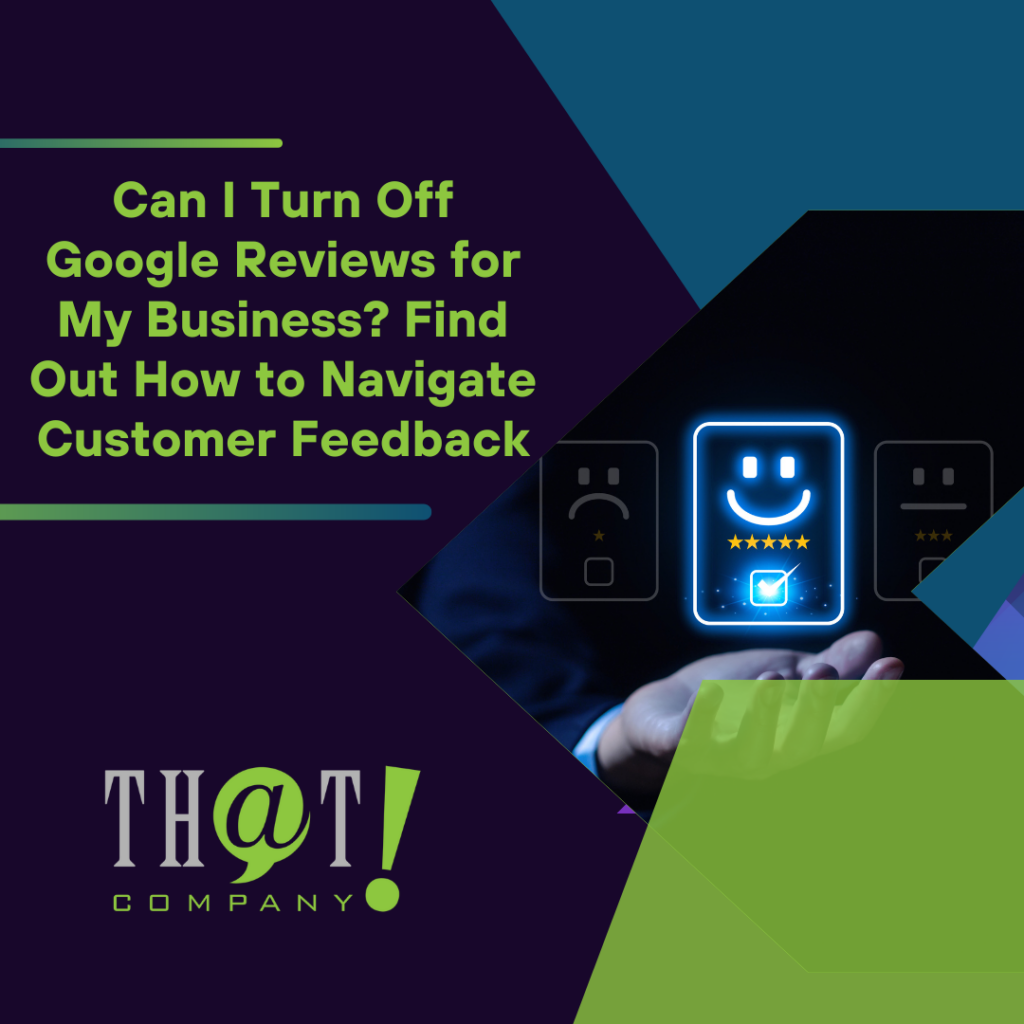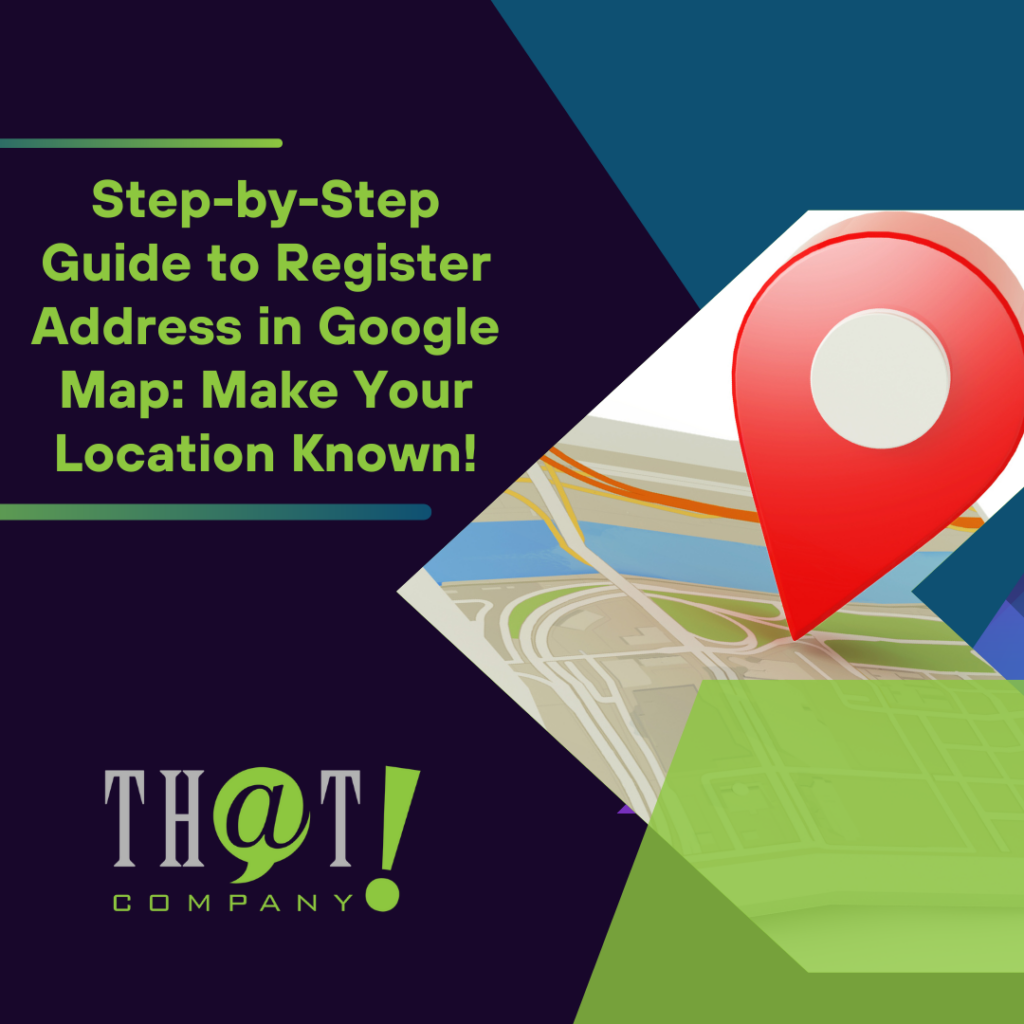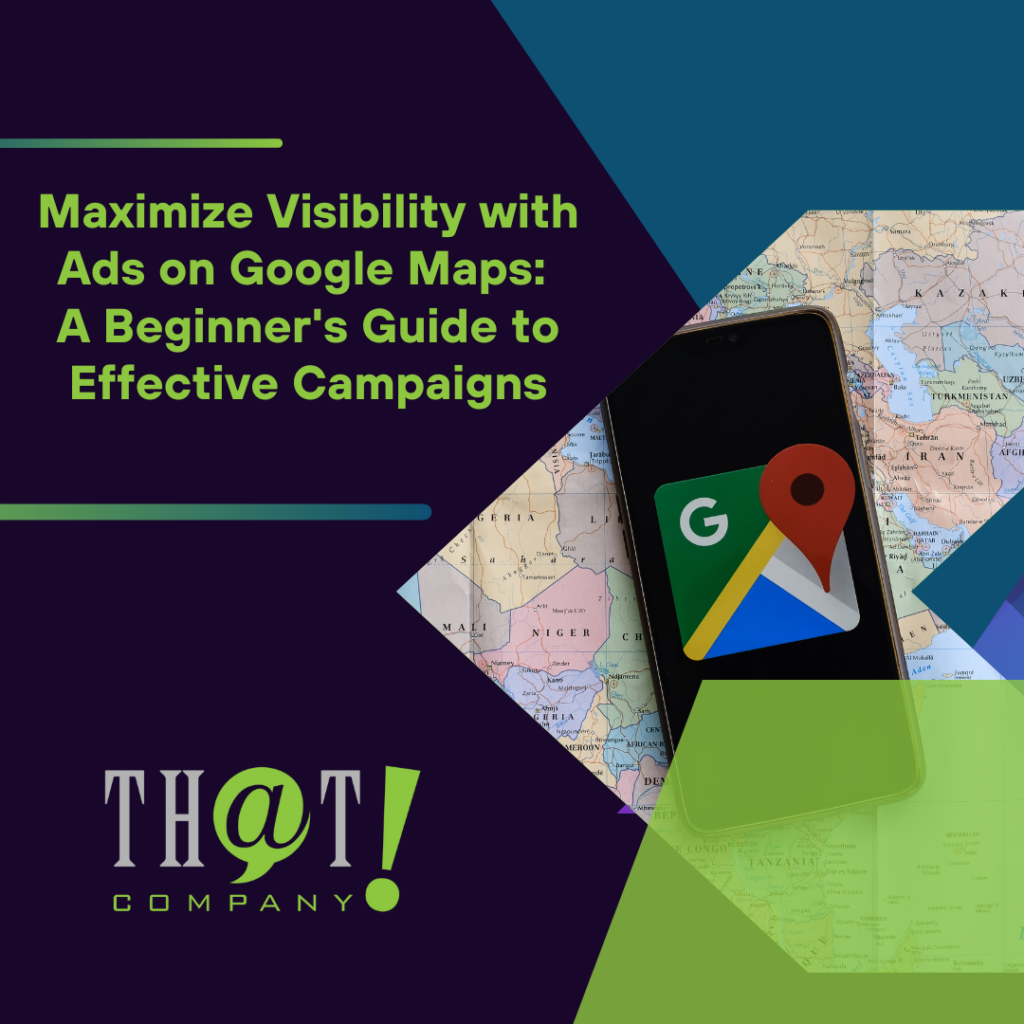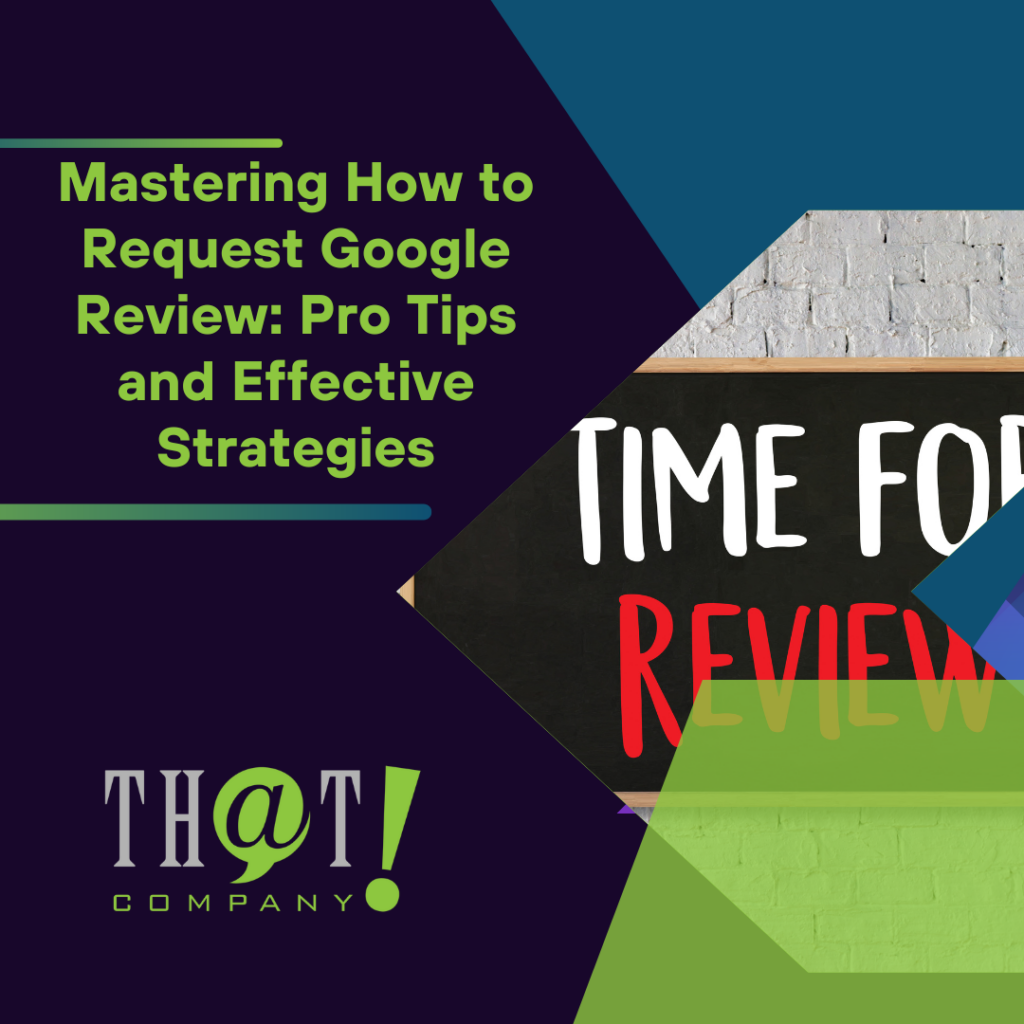
Are you exploring white label content as a way to enhance your marketing without the heavy lifting? White labeling allows your business to publish externally created content as your own, enriching your brand’s narrative while conserving resources. In this article, we’ll cover the essentials of white label content and the straightforward benefits it can offer to your marketing strategy.
Key Takeaways
- White label content allows businesses to outsource content creation to third-party agencies, which they can then rebrand and use as their own, providing expertise, scalability, and cost savings.
- The utilization of white label content services enables businesses to focus on core competencies, access high-quality content, and offer scalable and flexible content solutions without incurring the overhead costs of an internal team.
- Selecting the right white label content agency is vital for business success, requiring assessments of the agency’s expertise, portfolio, fair pricing models, and clear contractual terms to ensure the content aligns with brand identity and marketing strategies.

Understanding White Label Content Writing
Imagine a scenario where you need content for your brand, but you don’t have the time or resources to create it. Enter white label content writing. This involves outsourcing content creation to a third-party agency, which can then be rebranded and published as your own. The beauty of this technique lies in its anonymity. The content creator remains behind the scenes, allowing your brand to shine in the spotlight while they create content for you.
The hiring brand can utilize the content as if it were generated internally, making it a seamless extension of your own content team. This provides an excellent solution for businesses looking to bolster their content marketing strategy without overstretching their resources.
The Basics of White Label Content
White label content revolutionizes the field of digital marketing. It’s content produced by a third party, like a freelance writer or agency, that can be rebranded and resold by another company as its own. By outsourcing content creation and later customizing it to match their brand identity, agencies can drastically cut down on the time and resources they spend on content creation.
This model is cost-effective, offering businesses:
- Access to expertise
- Scalability
- A diverse range of offerings
- Reduced cost compared to maintaining a full-time in-house team
This makes white label content an attractive option for businesses looking to enhance their marketing efforts through a white label company, which often employs a skilled white label content creator.
Who Can Benefit from White Label Content?
This means applies across various industries. Whether you’re in software and technology, healthcare, or retail, white label content creators can craft SEO optimized content to improve your online presence. Startups, in particular, can reap multiple benefits from this method. Some of these benefits include:
- Driving traffic to your website
- Enhancing brand awareness
- Saving costs
- Expediting product launches
Non-profit organizations can also utilize this to maintain a consistent online presence, engage members and volunteers, and raise funds. By using white label content, these organizations can improve their visibility on search engines and reach a wider audience.

Advantages of Utilizing White Label Content Services
Businesses greatly benefit from white label content services. They allow businesses to:
- Save time and resources by delegating research and writing tasks
- Avoid the need to allocate internal resources for content creation
- Focus on their core competencies while benefiting from high-quality content.
Furthermore, these content creation service providers offer:
- Access to high-quality content without incurring the usual additional overhead costs associated with content creation
- Improved profit margins without compromising on content quality
- Scalability and flexibility by facilitating the expansion of offerings without additional overhead
- Rapid scaling while maintaining quality
Adding these advantages contributes to improved profitability and efficiency.
Time and Resource Savings
Delegating content creation to a white label agency is a strategic business decision. It offers several benefits, including:
- Saving time by enabling agencies to allocate resources to other business areas
- Catering to a broader audience, thus averting potential delays
- Relying on the expertise of white-label agencies instead of recruiting and instructing an internal content team
- Accessing adept writers capable of efficiently producing top-notch content
Engaging a white label agency usually entails a fixed monthly fee or a per-project cost, which may prove to be more cost-efficient in the long term when compared to managing an in-house content team. As such, it’s a win-win situation for businesses.
Access to High-Quality Content
These services are known for delivering high-quality content. They enable businesses to offer top-notch marketing material without incurring the usual additional overhead costs associated with content creation. These agencies ensure personalized content by providing a content writing service that includes:
- Skillfully crafted social media posts
- Customizable articles
- A range of foundational content that can be adjusted to meet the unique requirements and branding of the client.
Moreover, these services uphold the consistency and quality of their output by prioritizing quality over quantity and employing knowledge-driven approaches. They also implement stringent policies against plagiarism, effectively mitigating any concerns related to plagiarism and duplication.
Scalability and Flexibility
Scalability in white label content services refers to the capacity of agencies to rapidly expand and grow their business by utilizing white-label services and products. They facilitate scalability for businesses by enabling them to:
- Market products or solutions under their own brand without significant expenses
- Adapt their offerings based on demand
- Concentrate on their primary strengths while delegating specialized tasks to the white label service provider.
Flexibility, on the other hand, allows for agility in adapting to market changes and catering to diverse budgets and requirements. These two features combined make white label services an invaluable asset to businesses.

Selecting the Right White Label Content Agency
Selecting the right white label content agency can make the difference between business success and mere mediocrity. It’s crucial to assess the following factors when choosing an agency:
- Industry experience
- Capacity they can provide
- Overall quality of work they deliver
- Portfolio, which can provide insights into the agency’s proficiency and ability to meet your specific needs.
Along with evaluating their expertise and portfolio, understanding their pricing models and contract terms is equally vital. Let’s delve into these considerations.
Assessing the Agency’s Expertise
Verifying the expertise claims of a white label content agency might seem daunting, but it’s simpler than you think. Start by assessing their portfolio for samples that demonstrate:
- Versatility and experience in the relevant niche
- Organic traffic achievements for their content
- Analysis of time on page and bounce rates for engagement
- The scope of customizations they offer
Evaluating their past experience with clients in your industry can also provide valuable insight into their industry knowledge and ability to effectively cater to specific content needs. This will ensure that the agency you choose has the expertise to deliver content that resonates with your target audience.
Evaluating the Agency’s Portfolio
Assessing a white label content agency’s portfolio can significantly impact your decision-making process. It allows you to assess the quality of this technique by:
- Monitoring the growth in organic traffic
- Analyzing engagement metrics like time on page and bounce rate
- Evaluating the quantity of conversions or leads generated from the content
Look for diversity in their portfolio. A range of samples from different genres and styles can indicate their adaptability and versatility. This will ensure that the agency you choose can adapt to your brand style and deliver content that resonates with your audience.
Pricing and Contract Considerations
Understanding the pricing model of a white label content agency is crucial. The average price range for white label content agencies can vary from a few hundred to several thousand dollars per month, depending on the services and structure chosen. When negotiating contracts, ensure that key elements like the scope of work, the duration of service, and rights and limitations for customizing and rebranding the content are clearly delineated.
Negotiating contracts with white label content agencies requires:
- Creating a clear strategy
- Understanding the white label’s value
- Avoiding choosing solely based on the lowest price
- Defining deliverables and timelines
- Factoring in scalability and flexibility
- Having a set rate range in mind.
Why That! Company is the Right Choice as Your White Label Content Agency
That! Company emerges as an ideal choice for a white label content agency among digital marketing agencies. They offer a range of services encompassing:
This enables clients to centralize all of their needs in one place. Businesses derive benefits from That! Company’s white label services by expanding their service offerings and offering a comprehensive solution to clients.
That! Company ensures efficient and transparent communication, ensuring quality control and client satisfaction. They offer:
- Advanced tools and technologies for effective campaign management
- Personalized support with a dedicated account manager
- Expanded service offerings to enhance client relationships
This is why That! Company is the ideal choice for your white label content agency.

Implementing White Label Content in Your Marketing Strategy
The introduction of white label content into your marketing strategy can completely transform your content marketing efforts. Here’s how to get started:
- Evaluate your existing content and its effectiveness.
- Conduct persona research to establish your target audience and their needs.
- Use this information to identify the appropriate content to develop.
Once you’ve identified your content needs, you can collaborate with the provider of this service to produce top-notch content that resonates with your brand and can be rebranded and utilized as your own. Lastly, it’s crucial to monitor key metrics in a white label report, including brand recognition data obtained from surveys or interviews, social media mentions and engagement, and core KPI metrics specific to your white label marketing agency.
Identifying Content Needs
The initial step in incorporating this method into your marketing strategy is to identify your content needs. An understanding of your audience is key to this process. Audience analysis helps in avoiding miscommunication and ensures that the content is customized to suit the targeted audience. All businesses, irrespective of their size and industry, can derive value from white label content.
Experts advise publishing an average of 11 or more blog posts per month for white label blog content. Regularly publishing content to your website is crucial for maintaining relevance in search engine rankings.
Coordinating with the White Label Agency
It is critical to establish clear and open dialogue with your white-label partner. Provide constructive feedback and guidance to maintain brand consistency. Prior to delegating tasks, it is advisable to conduct a kick-off call with your white label partner to clearly communicate your expectations.
A clear content brief is a vital tool for communication. It should include:
- Working title
- Goal(s)
- Target audience
- Primary and secondary keywords
- Search intent
- Unique angle
- Target keywords
- Internal links
- CTAs
Tracking Performance and ROI
Tracking the performance and ROI of your white label content is essential for assessing its effectiveness and making informed decisions for future content strategies. Tools commonly utilized for measuring the ROI of this process includes:
- Organic traffic measurement
- ROI calculation methods
- HubSpot
- Google Analytics
Key performance indicators (KPIs) including:
- Traffic sources
- Conversion rate
- Return on investment (ROI)
- Backlinks
can be monitored using comprehensive data insights offered by white-label reports. This data-driven approach will ensure that you get the best out of your investment in this technique.
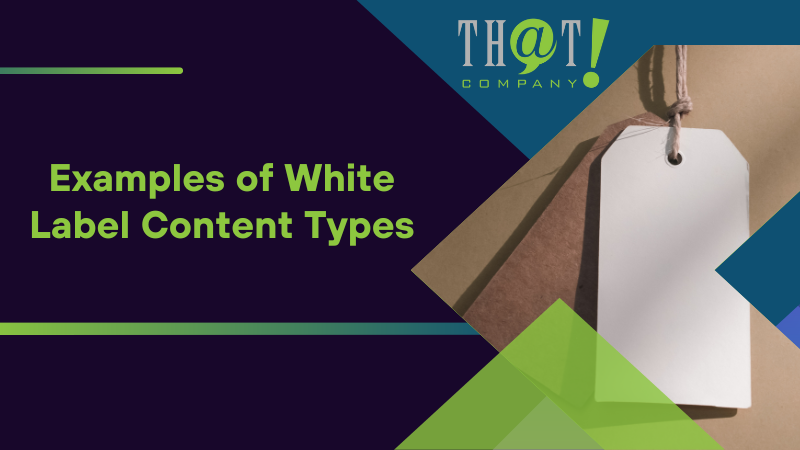
Examples of White Label Content Types
White label content is available in a variety of formats. It encompasses written materials, such as blog posts, that are produced by a third-party provider. These posts can be rebranded and resold by another company as their own. White label social media posts, too, play a crucial role in supporting online branding by providing curated digital assets for content creation, post management, and enhancing online presence to foster client engagement and attract new leads.
Technical white label content marketing such as:
- strategic content
- content strategy
- email marketing
- social media marketing
serve to highlight a company’s industry knowledge and proficiency. Let’s delve deeper into these content types.
Blog Posts
Businesses significantly benefit from white label blog posts. They provide expertly crafted, SEO optimized content that can engage readers and boost search rankings. Crafting these posts involves following best practices such as conducting thorough keyword research, creating high-quality and keyword-focused content.
White label blog posts can engage readers through the implementation of content marketing strategies that save time and boost engagement. They also enhance search rankings by providing efficiency and cost-effectiveness, enabling you to concentrate on your core services.
Social Media Posts
In today’s digital era, maintaining a social media presence can be transformative. White label social media posts are social media content that is originally created and branded by one company but can be resold or rebranded by another company as their own. Strategies such as maintaining a consistent brand voice, being inclusive, and incorporating short videos can help in developing compelling white label social media posts that capture attention and drive engagement.
Utilizing white label social media content can drive traffic and brand awareness, enhance credibility, and save costs. By delivering original, high-quality content that drives traffic and brand awareness, white label social media content effectively engages the target audience.
Technical Content
Technical content under white label, including white papers and case studies, highlights industry expertise and offers valuable insights to the target audiences. It is written material produced by copywriters that can be rebranded and marketed by a different company, with a particular emphasis on technical subjects or topics.
White label agencies commonly generate a range of technical content such as:
- Blog posts
- Articles
- SEO content
- Press releases
- Product descriptions
- White papers
By utilizing a team of experts and resources to analyze the market industry, white label technical content enables companies to demonstrate their industry knowledge and credibility.

Summary
In conclusion, white label content provides a cost-effective and efficient solution for businesses to produce high-quality content. Whether it’s blog posts, social media posts, or technical content, this can be tailored to suit your brand’s voice and appeal to your target audience. So why wait? Embrace this amazing means and take your content marketing strategy to new heights.

Frequently Asked Questions
What is white labeled content?
White-label content is produced by one company and can be used by other companies as their own, allowing them to put their name on it and take credit for it. This allows companies to purchase content and publish it as their own.
What are white label details?
In conclusion, “white label” refers to the practice of a manufacturer producing a generic product that is then rebranded and priced by various retailers. This allows the retailers to tailor the product for their specific market.
Who can benefit from white label content?
Businesses of all sizes and industries, including startups and non-profit organizations, can benefit from it. It offers a versatile solution for various entities.
Why should I choose a white label content agency?
You should choose a white label content agency because it provides time and resource savings, high-quality content, and scalability for your business needs.
How do I implement white label content in my marketing strategy?
To implement white label content in your marketing strategy, you need to identify your content needs, collaborate with a white label agency, and monitor the performance and ROI of the content. This will help ensure a successful integration of white label content into your marketing strategy.











